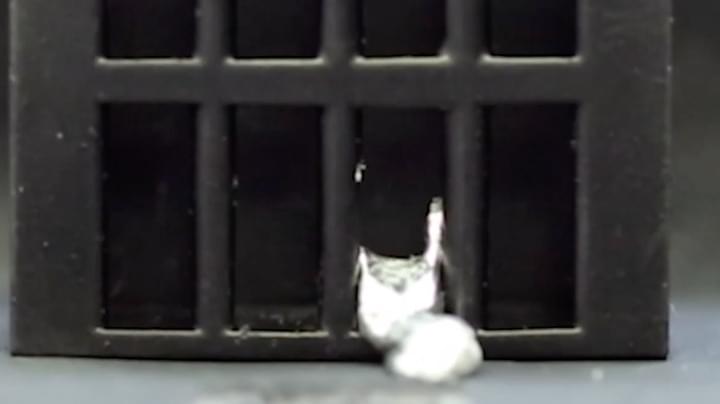It’s rare to hear a new invention that has this much impact potential and doesn’t really need any more work to go commercial.
These strangely-shaped twisted-toroid propellers look like a revolutionary (sorry) advance for the aviation and marine sectors. Radically quieter than traditional propellers in both air and water, they’re also showing some huge efficiency gains.






